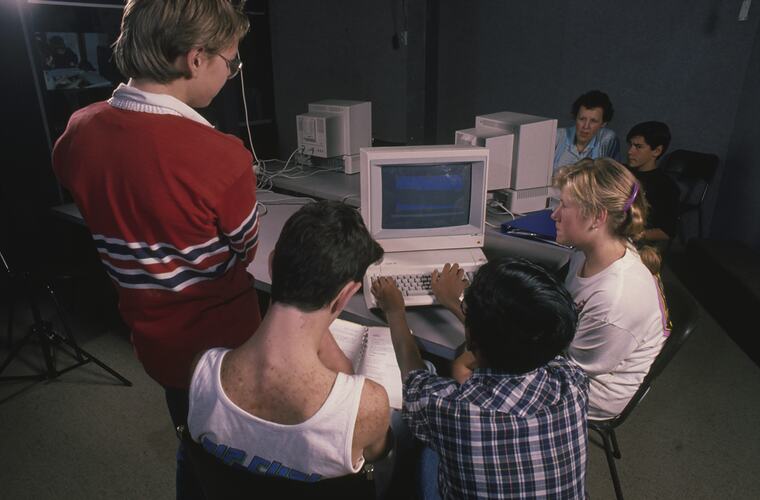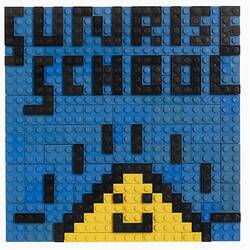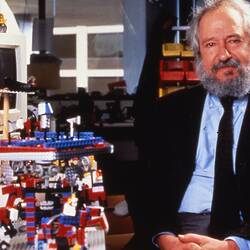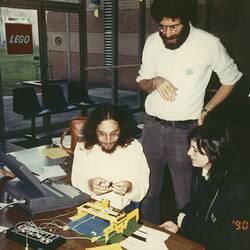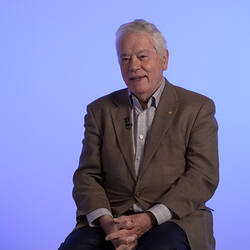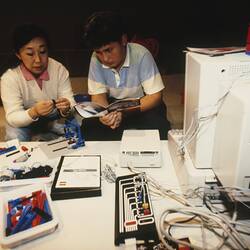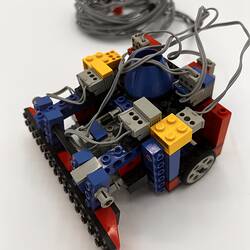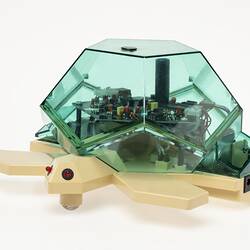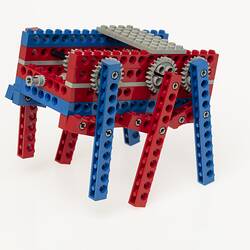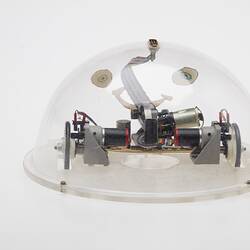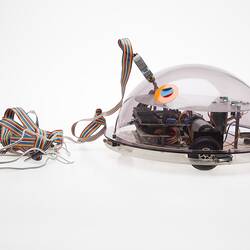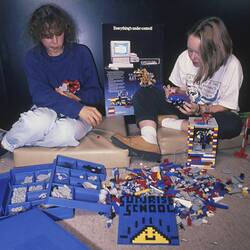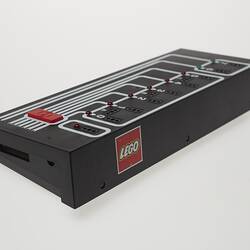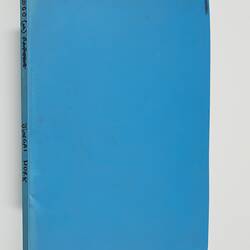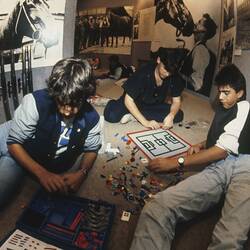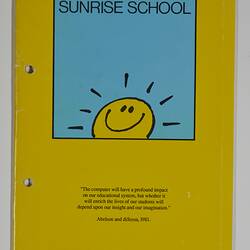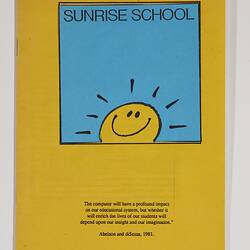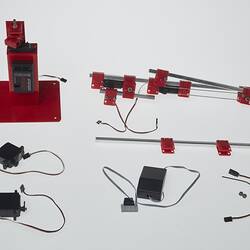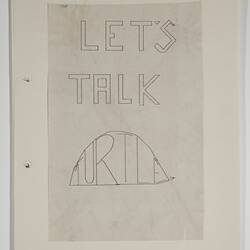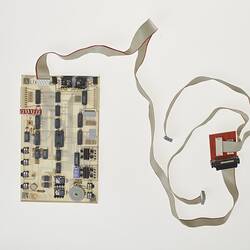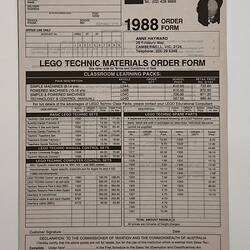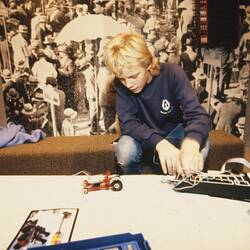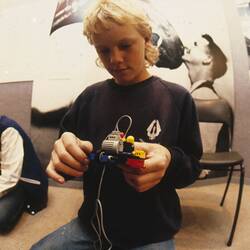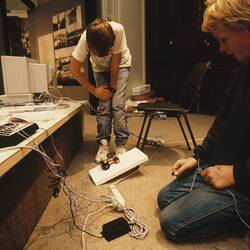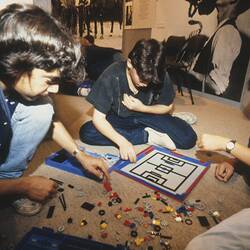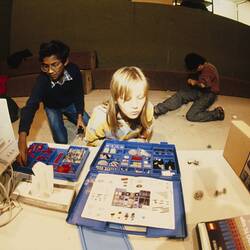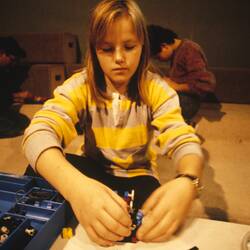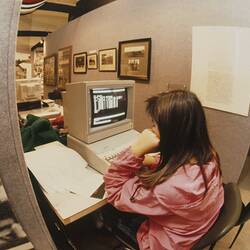The Sunrise Collection includes robotics, teaching materials, images and film which document the exploratory Sunrise School (and philosophy) which began under the auspices of the Australian Council of Education Research at the National Museum of Victoria in 1988. Under the direction of Dr. Liddy Nevile Sunrise went on to directly influence the establishment of the world's first all laptop classroom at Methodist Ladies College in Melbourne.
The collection also includes microcomputer and robotics hardware and software as well as audio-visual and print materials that document their use by Dr. Nevile as educational technologies by students and teachers in schools and other education settings during the 1980s and early 1990s.
Although a very small number of Australian schools had explored computing as part of their educational offerings in the 1970s, it was during the 1980s, driven by technological innovation in micro computing and developments in computer education policies and funding, that computers and computing became a common feature of Australian schools. In this historical context, three features of the Sunrise Collection establish its significance.
First, the collection preserves some key technical hardware that was actually deployed in educational settings during this nascent period of computer education in Australia.
Second, the collection documents how teachers, students and other stakeholders responded to and reflected upon their engagement with these technologies at the time. The images in particular capture the early experience of computers for students from a diversity of educational environments; Geelong Grammar preparatory school, MLC, Yooralla, Princes Hill Secondary School and Victorian Aboriginal Educational Association run camps.
Third, the collection documents the development and implementation of a particular exploratory and progressive approach to educational computing in Australia which drew on constructionism learning theory and the power of microworlds. This 'Sunrise' approach challenged policy makers and educators to think of computers as presenting an opportunity to radically reform practices of learning and teaching rather than simply being a new technology to be integrated into existing practice.
More Information
-
Keywords
-
Authors
-
Article types
